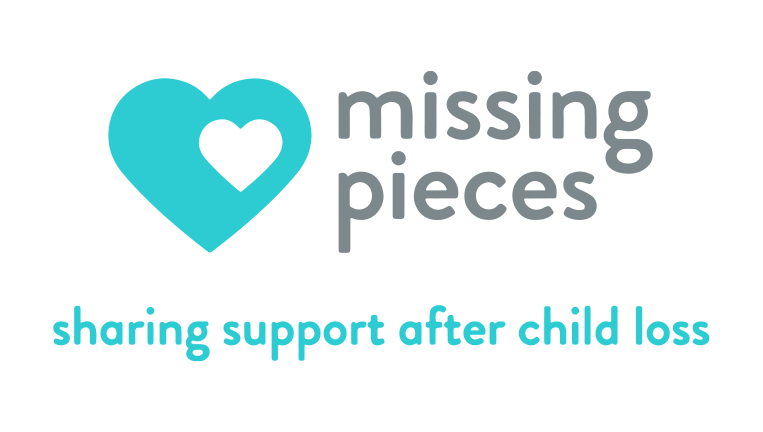Intuitive Grief and Instrumental Grief
You grieve the way you do because of who are.
Your culture, individual temperament, age,
life experience, and gender all impact how grief is expressed.
Martin and Doka (1991), Men Don’t Cry-Women Do: Transcending Gender Stereotypes of Grief
Instrumental grievers tend to have tempered affect to a loss. While intuitive grievers are more likely to experience their grief as waves of affect, instrumental grievers are more likely to describe it in physical or cognitive terms. While intuitive grievers often need to express their feelings and seek the support of others, instrumental grievers are more likely to cognitively process or immerse themselves in activity.
______________________________
INSTRUMENTAL GRIEVERS:
Adapt to the loss through thinking and doing, intellectualizing their emotions, and utilizing action-oriented approaches to their problems. They typically find physical ways to express their grief, seeking out information, private and independent, while often focusing on the future.
Intellectualize their emotions
Physical ways to express grief, action-oriented
Reluctant to talk about feelings, may only express feelings in private
Seeks solitude to reflect, independent
Adapts to the loss through thinking and doing
Have a need to know, seek information, cognitive
Problem-solving, decision-making
Future-oriented
WHAT IS HELPFUL:
Instrumental Grievers: “what were your reactions?” “what kind of thinks were you thinking about after the death?” “what kinds of things did you immediately after the death?” NOT “how do you feel?” *lack of verbal expression does not indicate the lack of grief
INTUITIVE GRIEVERS:
Openly express feelings and are more verbal, seeking support and finding comfort from others. They express more sorrow and depression, and have a tendency to become physically exhausted, anxious, or experience other somatic symptoms.
Openly expresses feelings, verbal
Seeks support from others
Yearn for comfort
May become physically exhausted, anxious, problems concentrating
Express more sorrow and depression
WHAT IS HELPFUL:
Intuitive Grievers: beneficial to facilitate a strong expression of feelings, allowing the person time to ventilate, validation of feelings, benefit more from support networks
Your own unique blend of these two styles will help you cope and heal from your loss.
Different needs, wants, and expectations in grieving and in our relationships.
Differences Not Deficiencies
Areas of Exploration:
Coping Styles & Support Systems
Decisions about Child’s Possessions
Memorializing- Rituals & Traditions
Surviving Children
Future Children
Faith
Socializing
Intimacy
Suggestions:
Ask what you need
Accept the differences
Be patient and gentle with each other
Develop your own support system
DANGERS:
Incongruent Grieving- “out of synch” with each other
Contrast between what is expected and what is observed.
Large difference between the intent of spouses’ behavior and the interpretation of that behavior by the other. Communication is essential.
“Acceptable behavior”
Special Consideration:
Single Parents
Step-Parents
Grandparents & Extended Family Systems
How do we integrate the loss into their lives and keep living?
Dual Process Model:
Most individuals can expect to experience ongoing oscillation between a loss orientation (coping with loss through grief work, dealing with denial, and avoiding changes) and a restoration orientation (adjusting to the many changes triggered by loss, changing routines, and taking time off from grief). This reflects a movement between coping with loss and moving forward, but the extent to which one needs either of these dimensions differs for each individual. (Schut and Stroebe, 1999)
“To find an enduring connection with the deceased in midst of embarking on a new life” (J. William Worden, 2008)

